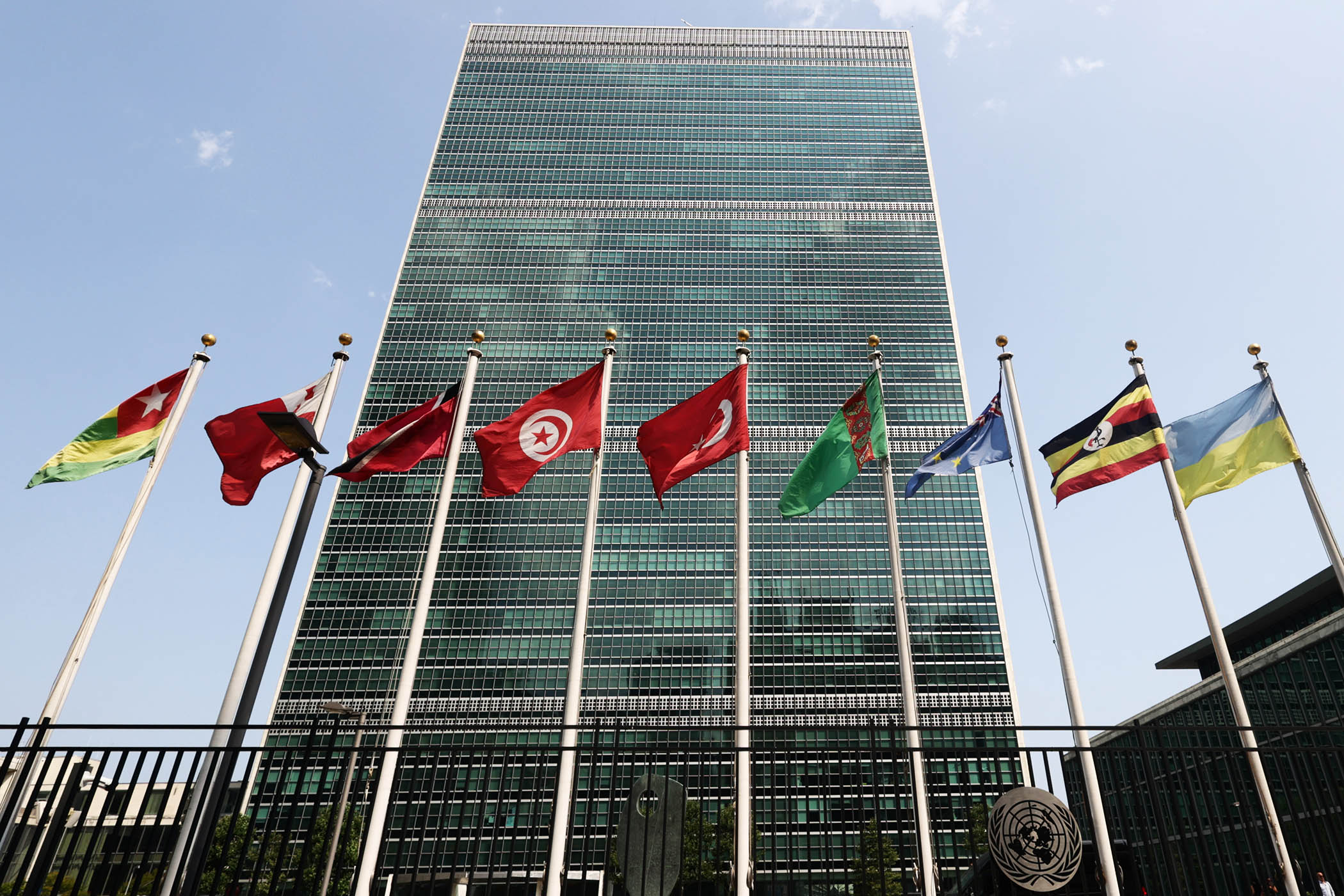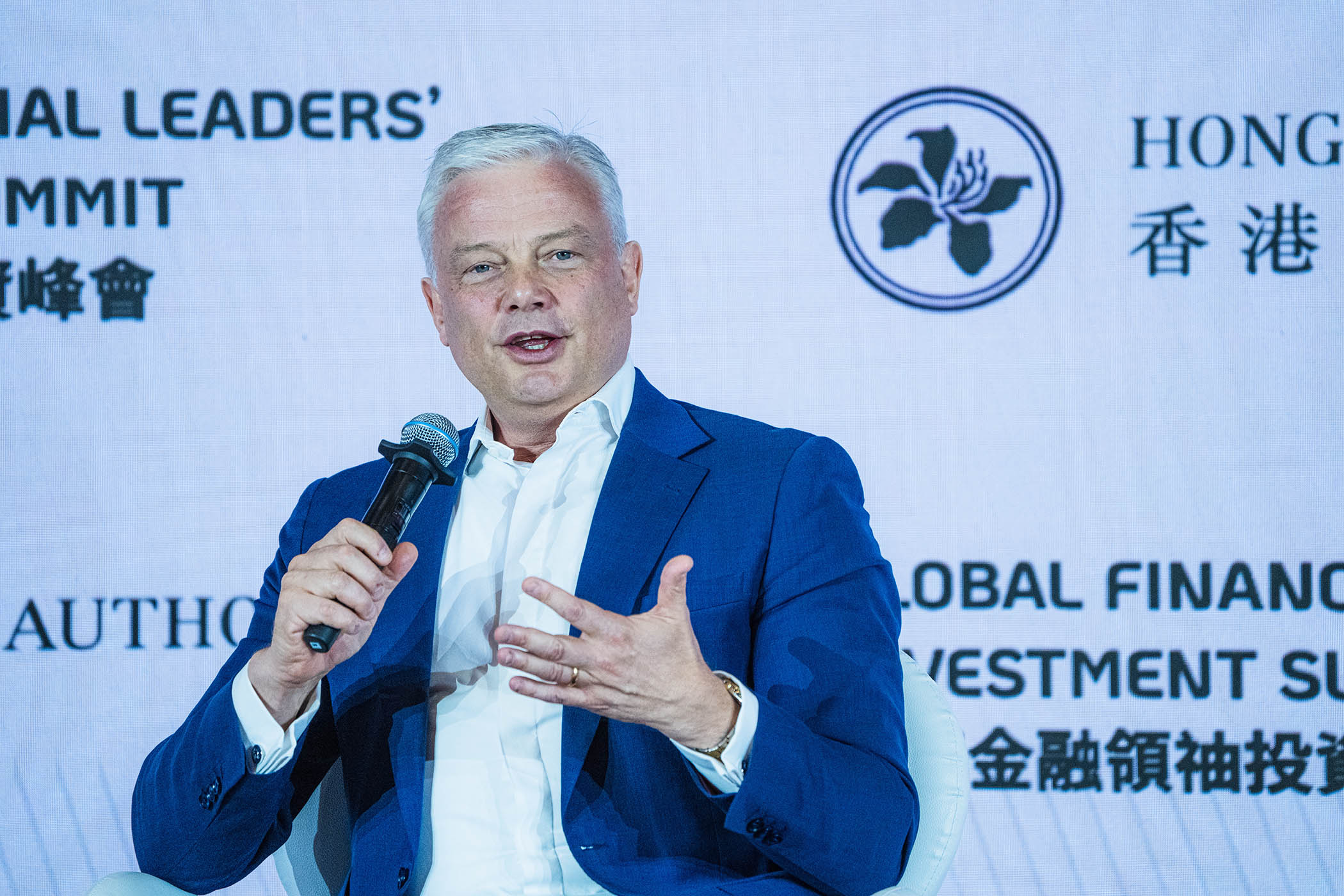New York City brands itself the capital of the world, and late September used to be the time when it could make that claim most credibly. The UN general assembly brings hundreds of world leaders to town, gridlocking the city for several days. And in the past 20 years, this influx was accompanied by a huge number of privately organised events, mostly focused on finding multi-stakeholder solutions bringing together business, non-profits and governments to tackle the world’s biggest problems. These included the former president’s Clinton Global Initiative, which brokered and publicised with much fanfare partnerships between companies and charities, and Climate Week NYC.
This year, the Big Apple will more accurately be the capital of the rest of the world – the current US government having officially turned its back on what it views as a ghastly festival of wokeness. There will still be plenty of events, but the vibe is likely to oscillate between a wake for an era of international development that seems unlikely to return and the beginnings of a fightback – one perhaps based on a presumption that solutions must be found that do not involve the US government.
The forthcoming climate COP in Brazil will be a focal point, trying to decide on positive collective actions that can be agreed without the ability of America to block them. This year big companies will not be showing up en masse to publicise their good works – as that would only secure them a higher place on the White House naughty list. Yet many businesses will still be present in the key rooms, albeit as below the radar as they can manage to be, especially at events on climate and nature organised by the likes of the World Economic Forum, Bloomberg Philanthropies and a toned-down Clinton Global Initiative. Multi-stakeholderism this year may be decidedly hushed, but it is not dead (yet).
Photograph by Jakub Porzycki/NurPhoto via Getty Images
Newsletters
Choose the newsletters you want to receive
View more
For information about how The Observer protects your data, read our Privacy Policy



